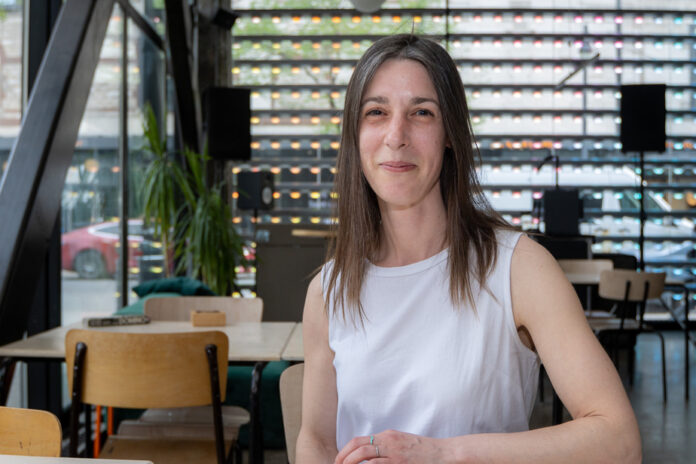“There’s still been a lot of press surrounding this book, but that’s because it deserves it so much. It’s all in the writing. It’s a very violent story, it’s heartbreaking, it’s hard; the themes covered are difficult, but it is done with such lightness that it seems to float above the narrative. It is the story of a woman who gives birth to nine daughters; there are seven who will survive and five who will grow up, so we will follow the fate of these girls who remain. It’s a book about the birth of Christianity, but it’s about mutual aid, conviction and, above all, freedom. It is a feminist text, and if there is one word to describe it, it is luminous. »
“This book reminded me of the readings I used to do when I was younger and reading Nina Berberova. I felt the same emotion of old-fashioned or dusty charm. All of Makine’s books have something interesting about them. He is a man who will look back on his past; it starts in a cemetery, in Nice, and he will tell his story from 1913 until the 1990s, from his adolescence to his old age. […] The whole book is built around nostalgia for the woman he loved. It speaks of Russian exiles in Paris, of the two wars, of the resistance, but above all of this loving emotion that never died in him. It is very beautiful. »
“This is one of the newest in Collection III, which is a superb collection. It’s a really original idea: we ask authors to take real memories and do what they want with them in three short stories. This book touched me a lot because I like the way Rafaële Germain writes, and especially books that talk about memory. She talks about her mother who, at the end of her life, lost her memory. She starts from her mother’s childhood; the second part is Rafaële’s childhood, then the third is when his mother is losing her memory, her work to sort the objects of the house and her memories. »











